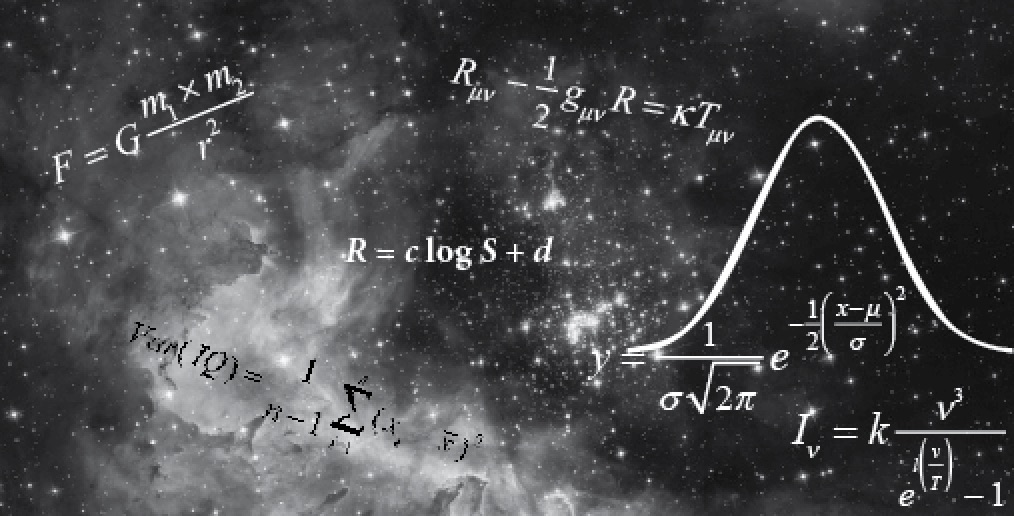
A person who excels in theoretical physics has demonstrated the capacity for abstraction required in chemistry, biology and mathematics, because theoretical physics requires a high level of competence in several branches of mathematics. However, that does not imply that a theoretical physicist has the knowledge to contribute to research on the frontiers of mathematics. Albert Einstein was a brilliant theoretical physicist, but he needed the help of several mathematicians to formulate his theories. Yet, in 1990, physicist Ed Witten was awarded the Fields Medal (described as the Nobel Prize in mathematics) for his formulation of superstring theory.
Although experimental physics rests on a mathematical foundation, it does not require as great a capacity for abstract mathematical thought as theoretical physics. Consequently, someone who can rise to the top ranks in experimental physics has the intellectual capacity (but not necessarily the knowledge) to excel in chemistry or biology, but may or may not have the capacity to excel in theoretical physics or mathematics.
While a person may have the ability to excel in all the STEM subjects, they may not have the requisite knowledge to excel in those STEM subjects outside their speciality. In a response posted earlier this week, I explained that a high IQ is not a valid substitute for knowledge, and those of high IQ who assume that superiority in their field transfers into areas outside their expertise often override the opinions of others who are more knowledgable. Indian astrophysicist Subrahmanyan Chandrasekhar, who won the Nobel Prize in 1983 described how a scientist may fall into this cognitive trap: ( Quote from Hammond, A. L. 1984. A Passion to Know: Twenty Profiles in Science . New York: Scribner. p.5.)
These people [winners of prestigious awards] imagine afterward that the fact that they succeeded so triumphantly in one area means they have a special way of looking at science that must be right. But science doesn’t permit that. Nature has shown over and over again that the kinds of truth which underlie nature transcend the most powerful minds.
This condition, described by Chandrasekhar, has been facetiously termed, “Nobel’s Disease.” Chandrasekhar is explaining that high intelligence is necessary for excelling in a STEM subject, but it is not sufficient. To excel in chemistry or biology, a physicist would have to add to their knowledge base in those subjects. As human knowledge grows exponentially, it is becoming increasingly difficult to acquire enough knowledge to be at the frontiers of research in more than one filed. The days when polymaths like Newton, Poincaré and Hilbert were able to span more than one field of expertise are gradually disappearing.
